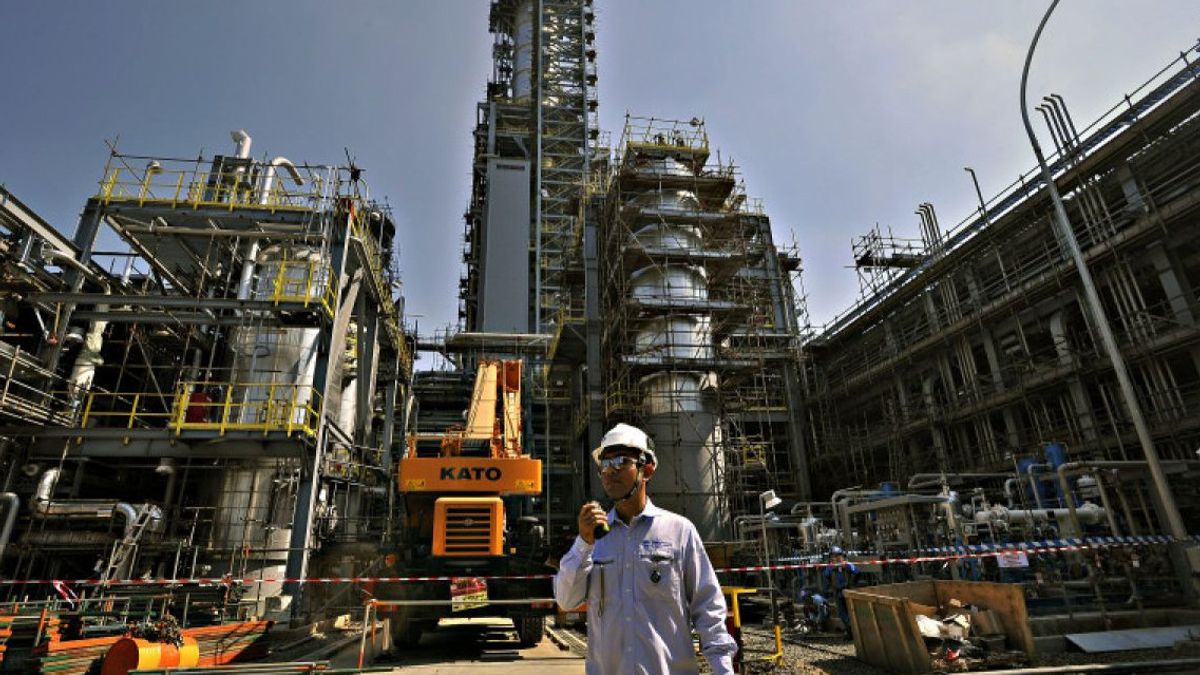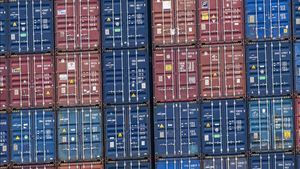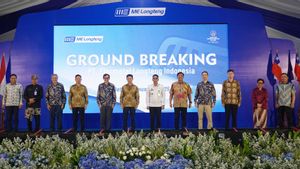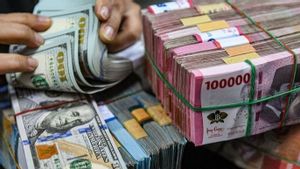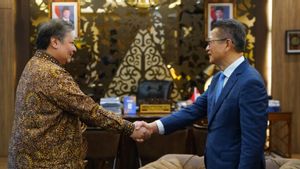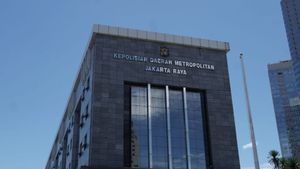Minister of Industry (Menperin) Agus Gumiwang Kartasasmita expressed his appreciation to the Minister of Trade (Mendag) Budi Santoso for planning to revise the Regulation of the Minister of Trade (Permendag) Number 8 of 2024.
"Alhamdulillah, thank you to the Ministry of Trade for the intention of revising the Minister of Trade. This is something positive at the beginning of 2025," said the Minister of Industry, quoted Wednesday, January 8.
The Minister of Industry revealed that his party had been involved in a joint discussion with the Ministry of Trade regarding Permendag Number 8 of 2024. He also emphasized that the Ministry of Industry was ready to help provide input on substance.
"This is proof that the coordination in the Red and White Cabinet is going well," said the Minister of Industry.
Cross-ministerial coordination is an important element in addressing the challenges faced by the national industrial sector. In the midst of the efforts of the Ministry of Industry and the Ministry of Trade to evaluate import policies through the revision of Permendag Number 8 of 2024, challenges in the employment sector have also not escaped attention.
In this case, the Ministry of Trade will revise Permendag Number 8 of 2024 concerning Import Policies and Regulations there is a possibility of being changed based on the results of a review with other ministries and institutions.
Deputy Minister of Manpower (Wamenaker), Immanuel Ebenezer Gerungan admitted that he had received information from various stakeholders, one of which was the Filament Filament Fiber and Thread Association (APSyFI) related to the wave of layoffs in the period 2022-2024.
Noel also cited APSyFI complaints: illegal imports not only weaken the TPT, but also the petrochemical industry which is the main raw material for textiles, namely the Purified Terephtalic Acid (PTA) and this condition triggers entry into deindustrialization.
"This is certainly a very worrying threat when entering 2025. This is terrible, there are around 60 companies that will lay off their layoffs. The complaint is Permendag Number 8, this is 2024, which makes it easier for imports of finished materials," said Noel, when interviewed last December.
Noel explained that based on the results of the discussion at that time, the bankruptcy of 60 textile companies was caused by regulations that did not support the performance of the domestic textile industry. He mentioned that the regulation in question was Permendag Number 8 of 2024.
Noel hopes that the relevant complaints related to the regulation can be heard by the relevant ministries. He wants the Minister of Trade Regulation Number 8 of 2024 to be revised so as not to trouble the domestic industry.
"So that the memandag is perfected, revised," he said.
Meanwhile, Secretary General of the Indonesian Olefin, Aromatic and Plastic Association (Inaplas) Fajar Budiono said that the import attack that ransacked the Textile and Textile Product (TPT) sector poses challenges in the national upstream petrochemical industry. The TPT industry is one of the sectors that use products produced by the upstream petrochemical industry, including the aromatic industry. Permendag Number 8 of 2024 and several other conveniences hit the national textile industry.
BACA JUGA:
With the decline in TPT production, it also has a direct impact on the decline in petrochemical production in the upstream petrochemical industry. Several polyester industries have stated that they are closed, and some others can immediately follow if conditions continue to worsen. The utilization of the polyester industry is currently only 50%. This is a point where it is difficult to maintain factory operations," said Fajar.
Previously, President Prabowo Subianto also highlighted issues that had an impact on the industrial sector, particularly regarding textile smuggling which directly had an impact on the industry and had the potential to increase the number of layoffs (PHK) in the country, while attending the National Development Planning Conference (Musrenbangnas), in the context of the 2025-2029 National Medium-Term Development Plan (RPJMN), in Jakarta Monday, December 30, 2024.
The President highlighted the leaks and smuggling that occurred, especially in textile importation. According to him, the smuggling is detrimental to the national textile industry sector and of course has an impact on reducing hundreds of thousands of Indonesian workers and therefore it takes part from state law officials.
The English, Chinese, Japanese, Arabic, and French versions are automatically generated by the AI. So there may still be inaccuracies in translating, please always see Indonesian as our main language. (system supported by DigitalSiber.id)
